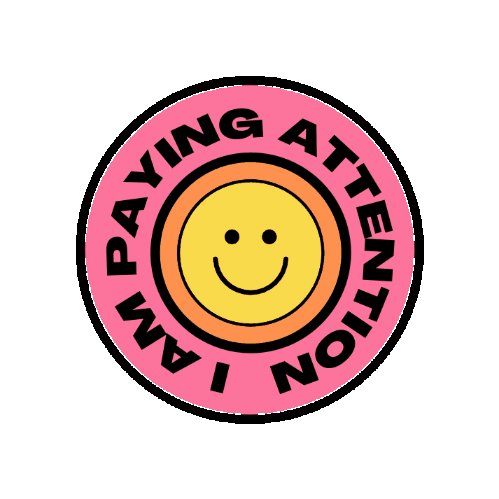The Radical Comfort of Low-Maintenance Friendships
You know that feeling? That worry that you're a rubbish friend because you haven't replied to a text in a week (or longer), or you've had to cancel plans at the last minute. For years, I carried this heavy weight of guilt around with me, a constant feeling of anxiety that I wasn’t doing enough, being enough to deserve friends.
I'd see people around me, the ones who seem to have endless energy, constantly organising get-togethers and always being a quick text away, and I’d feel so completely out of my depth. Why did a quick phone call feel too much? Why did a sponataneous change of plans to a busy pub leave me so utterly wiped out that I was no good for anything for the rest of the day? It’s a feeling of being a bit broken, of missing some fundamental social rule that everyone else seemed to have understood from birth.
The truth is, for a lot of us who are disabled or neurodivergent, the traditional idea of friendship is just not on the cards. Our energy is limited and temperamental. I’ve heard it called "Spoon Theory," and honestly, it’s the most spot-on way of describing my life I’ve ever come across. Every single thing, from getting out of bed to putting on a brave face in a social setting, costs a spoon. And for me, and so many others, our spoon jar starts pretty empty, and the things we have to do every day just cost way more.
When you don’t have access to low-maintenance friendships, this lack of energy doesn't just make socialising tricky; it makes it absolutely isolating. You end up in this vicious cycle. You don't have the energy to reach out, and your friends, operating on a different wavelength, take your silence as a sign of disinterest. They stop inviting you, and you retreat further, not out of choice, but out of necessity. The loneliness can be crushing. It’s like being in a glass box, watching everyone else live their lives, but unable to break through the barrier of your own limitations. You feel forgotten, but you know it’s your own inability to keep up that’s put you there. It’s a unique kind of pain, knowing your silence is misinterpreted as apathy.
That’s where the wonderful comfort of low-maintenance friendships comes in. These aren't friendships that are built on a strict schedule or keeping a tally of who’s messaged who last. They’re built on a solid foundation of understanding and a genuine respect for each other’s limits. It's the difference between being abandoned and being understood.
A low-maintenance friend is someone who knows that a week of silence isn't a sign the friendship is over, but just an unspoken understanding that we’re both getting on with it. It’s the kind of friend you can say to, "I'm sorry, I'm just not up to it today," and they'll respond not with a huff, but with a lovely, "No worries! Let's catch up another time." It's in those moments of acceptance that you finally feel like you can breathe. This is one of the core things me & jess talk about in our book How Not To Fit In.
In these friendships, there’s no pressure to put on a show or mask. The connection is all about who we are, not what we can do. Socialising doesn’t have to mean a big, loud night out that leaves me completely overwhelmed. It can be a walk where we just exist alongside each other, sending each other a funny meme that says "this made me think of you," or a film night on the sofa where we don't even have to chat. It's about prioritising connection over performance, and that is a truly revolutionary feeling.
The biggest gift of all is finally being free from that constant, gnawing guilt. I don’t have to keep apologising for how I communicate, my energy levels, or needing a bit of peace and quiet.
This freedom lets me be my genuine self, without the exhausting faff of putting on a front. It creates a kind of bond that feels so much more real than any kind of performative social life could ever be. It's a relationship where you can unmask, where your authentic self is not just tolerated, but loved.
This isn’t about being lazy; it’s about a different sort of care. The give-and-take in a low-maintenance friendship isn’t about matching text for text or outing for outing; it's about looking out for each other. My friend knows I might not be able to make their big party, but I’ll be the first to drop them a message the next day to see how it went. I know their chronic pain means they can't always reply straight away, and I never take it personally. We’re there for each other in whatever way we can manage, and that is absolutely enough.
So, if you’re also struggling to keep up with the demands of a hectic social life, please know you’re not on your own. There’s nothing wrong with you. The loneliness you feel isn't a failure of your character; it’s a failure of a system that doesn’t value different ways of being. Sometimes, the most important friends we have are the ones who don't ask for much, because they give us the most important thing of all (the space to just exist, as we are, and still feel connected).
